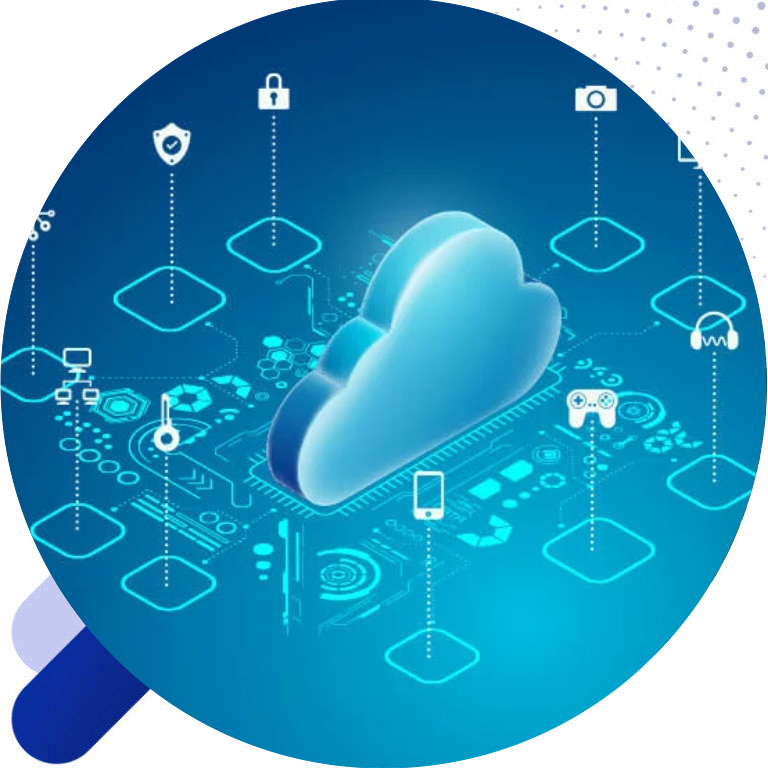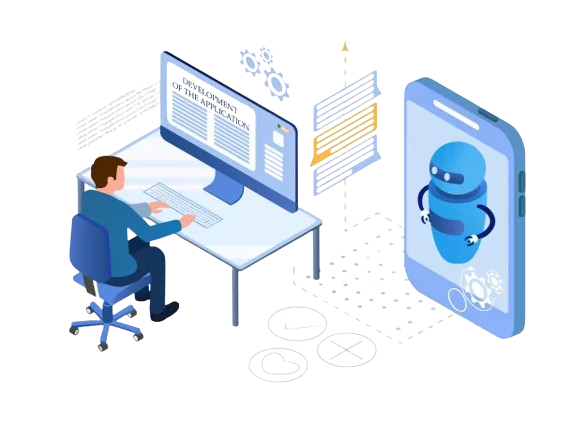Software Development: Crafting the Future of Technology
Software development has become the backbone of modern technology, impacting almost every aspect of daily life and business operations. From mobile applications to enterprise systems, software powers the digital tools and platforms that shape our world. As a discipline, software development is more than just coding; it encompasses a wide range of practices, methodologies, and frameworks that guide the creation, testing, deployment, and maintenance of software. This essay explores the fundamental aspects of software development, its lifecycle, the methodologies involved, best practices, and its transformative role in society.

Understanding Software Development
The Waterfall model, one of the oldest software development methodologies, follows a linear and sequential approach. Each phase—requirements analysis, system design, implementation, testing, deployment, and maintenance—must be completed before moving on to the next. While the Waterfall model is easy to understand and manage, its rigidity can lead to challenges, particularly in adapting to changing requirements during development.
The Software Development Life Cycle

At the heart of software development is the Software Development Life Cycle (SDLC), a structured process that provides a systematic approach to building software. The SDLC ensures that the final product meets user requirements, is delivered on time, and is cost-effective. It typically consists of several key stages:
Requirement Gathering and Analysis: This initial phase involves identifying the problem that the software will solve. Developers work closely with stakeholders to understand user needs, business goals, and technical constraints. A thorough requirement analysis sets the foundation for the rest of the development process.
Design: In the design phase, the system architecture is crafted. This includes defining the software’s overall structure, database design, user interface design, and how various components will interact. Detailed design specifications ensure that the system is scalable, maintainable, and secure.
Implementation (Coding): The actual writing of code happens in this phase. Developers convert design documents into executable code using programming languages and tools. This phase is often iterative, with continuous testing and refinement.
Challenges in Software Development
Despite its many advancements, software development is fraught with challenges. Some of the most pressing issues include:
Rapid Technological Change
The technology landscape evolves at an unprecedented pace, making it difficult for developers to keep up with new programming languages, frameworks, and tools. Organizations must invest in continuous learning and training to ensure their teams stay current with trends.
Managing Scope Creep
As projects progress, stakeholders may request changes that expand the original scope, known as scope creep. Managing these changes without jeopardizing deadlines and budgets requires clear communication and adherence to agile principles.
Ensuring Quality
As applications grow in complexity, ensuring quality becomes more challenging. Automated testing, continuous integration, and robust code reviews are essential practices to maintain high standards and prevent defects in production.
Balancing Speed and Quality
In today’s highly competitive landscape, businesses often prioritize speed to market. However, fast-paced development can lead to shortcuts that compromise quality. Striking the right balance between speed and quality is critical for sustainable success.
Artificial Intelligence and Machine Learning
AI and machine learning are becoming increasingly integral to software development. From automating testing and debugging processes to enhancing user experiences through personalized applications, these technologies promise to revolutionize how software is developed and maintained.
Increased Focus on Security
With rising concerns about data breaches and cyber threats, security is becoming a paramount consideration in software development. The adoption of DevSecOps—integrating security practices into the DevOps process—will be crucial for building secure applications that protect user data and maintain compliance.
Best Practices in Software Development
Version Control
Using version control systems (such as Git) allows developers to track changes, collaborate on code, and revert to previous versions if needed. This is essential for managing complex projects with multiple contributors.
Code Reviews
Regular code reviews ensure that the code adheres to best practices, is readable, and is free from critical errors. Peer reviews also promote knowledge sharing and continuous improvement within the development team.
Automated Testing
Automated testing tools can execute repetitive tests, ensuring that code changes do not introduce new bugs. Automated testing is a key component of continuous integration and delivery pipelines.
Challenges in Software Development
Despite its many benefits, software development is not without its challenges. One of the most common obstacles is the misalignment between business stakeholders and development teams. This can lead to unclear requirements, scope creep, and missed deadlines. Effective communication and project management are essential to overcome these issues.
Another challenge is the rapid pace of technological change. New programming languages, frameworks, and tools are constantly emerging, requiring developers to continuously learn and adapt. Additionally, the complexity of modern software systems, particularly in areas such as AI, big data, and cybersecurity, demands specialized skills that are in high demand but often in short supply.
Security is another significant concern. As software becomes more integrated into critical systems, from banking to healthcare, the potential impact of security breaches increases. Developers must remain vigilant in implementing security best practices and staying ahead of emerging threats.
Speak With Expert Engineers.
Contact us by filling in your details, and we’ll get back to you within 24 hours with more information on our next steps

Please fill out the contact form

Call Us
United Kingdom: +44 20 4574 9617

UK Offices
Business Address: 70 White Lion Street, London, N1 9PP
Registered Address: 251 Gray's Inn Road, London, WC1X 8QT
Schedule Appointment
We here to help you 24/7 with experts

